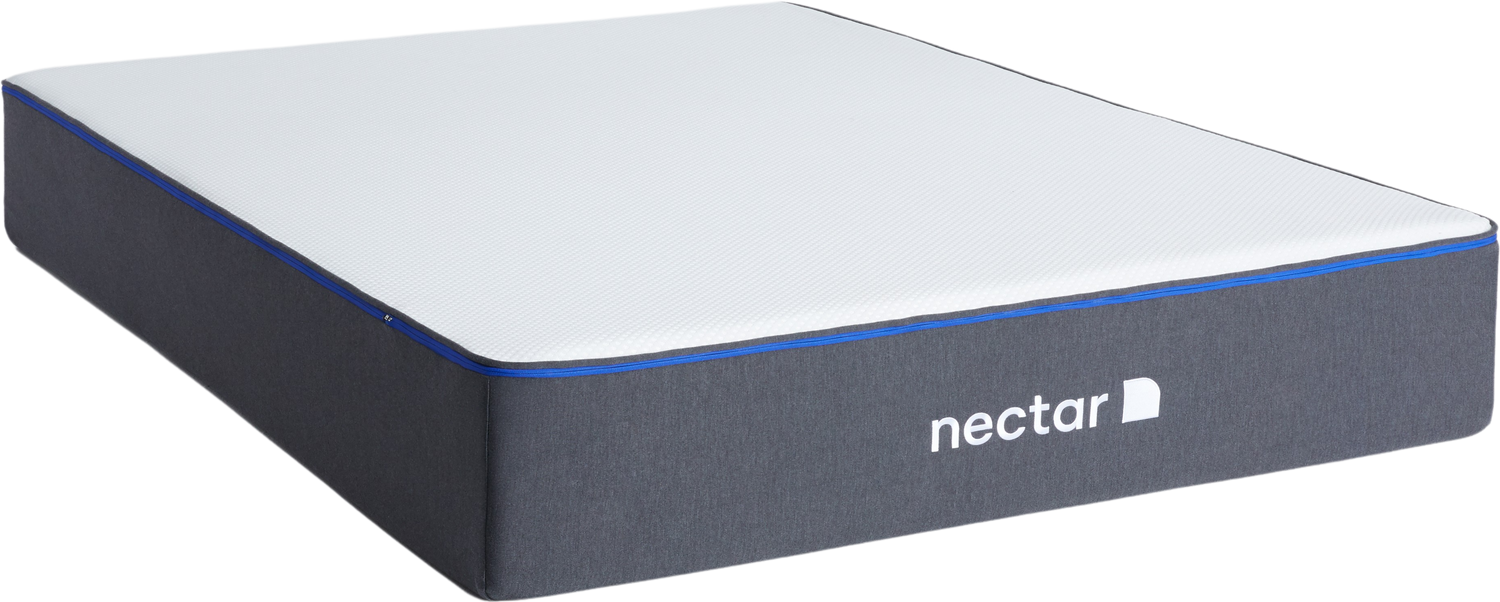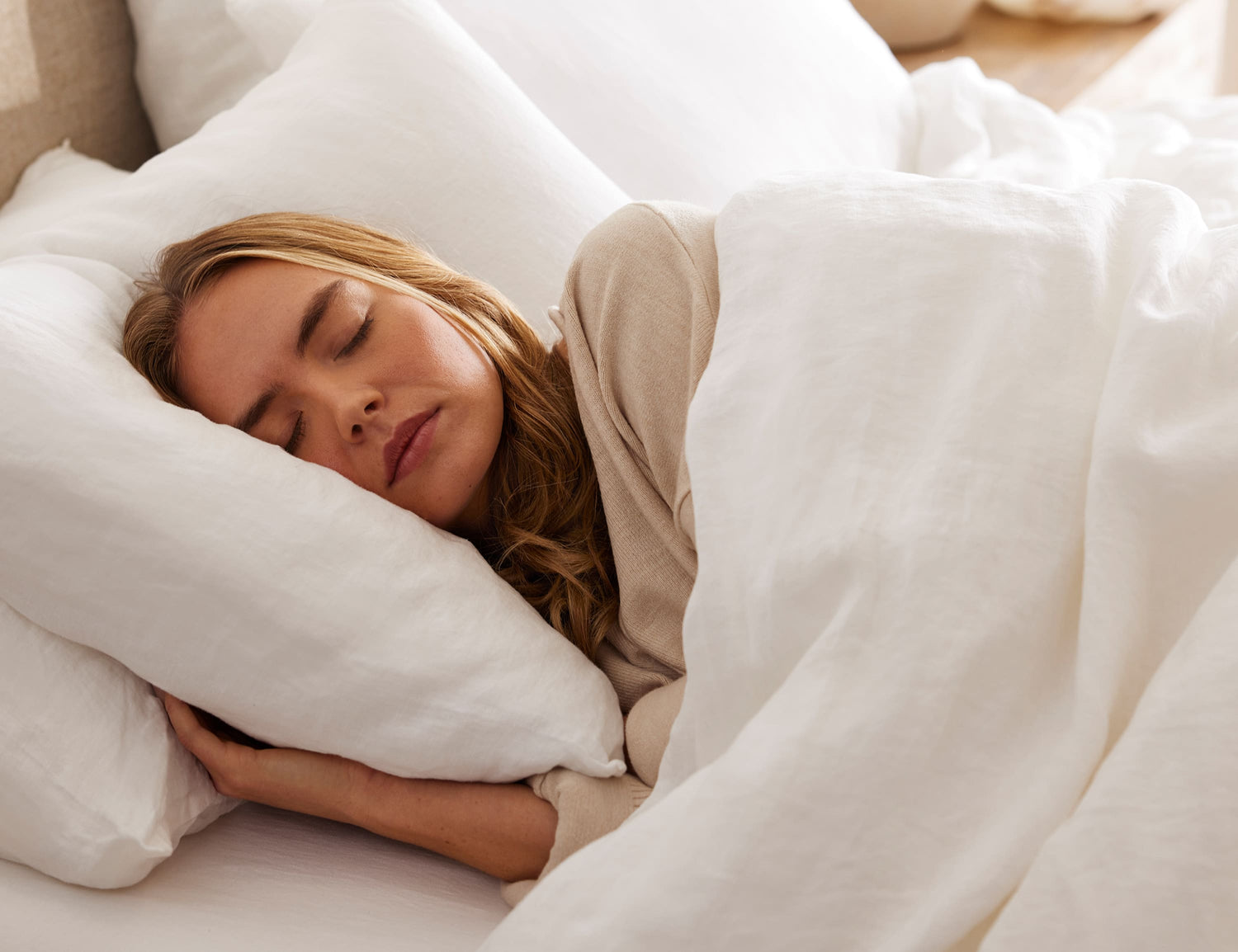Your Body Is Doing a Lot More Than You Think
When you eat, your body gets straight to work breaking everything down. Digestion is a surprisingly energy-intensive process — it needs blood, oxygen, and focus.
So after a meal, your body diverts blood to your stomach and intestines to help with digestion. That means a little less oxygen going to your brain and muscles for a short while — and that’s why you suddenly feel sleepy after eating.
Basically, your body’s saying, “I’m busy processing that roast dinner, please hold.”
Big Meals = Big Energy Dips
Ever noticed how the bigger the meal, the heavier your eyelids? Large meals can take several hours to fully digest, so your body stays in “digest mode” for longer.
If you often find yourself asking, “Why am I tired after eating lunch?”, try adjusting your portion sizes. Eating smaller meals more frequently throughout the day — say, three main meals and two light snacks — can help keep your energy steady and stop those extreme post-meal slumps.
Think of it as keeping your energy tank topped up rather than running on empty and then flooding it all at once.
What You Eat Makes All the Difference
Not all foods are created equal when it comes to energy. Some will help you feel alert and focused, while others will make you ready for a nap faster than you can say “dessert menu.”
Here’s a quick breakdown:
🍞 Foods That Can Make You Sleepy After Eating
-
Refined carbs and sugars (white bread, pastries, pasta, sweets) – cause blood sugar to spike and then crash, leaving you yawning at your desk.
-
Foods high in tryptophan (turkey, chicken, eggs, cheese, tofu) – help your body make serotonin and melatonin, your “feel good” and “sleepy time” hormones.
-
High-fat, heavy meals (fried foods, creamy sauces, takeaways) – take longer to digest, keeping your body busy for hours.
-
Alcohol – even a small glass of wine can slow down your central nervous system and make you drowsy.
🥗 Foods That Keep Your Energy Steady
-
Whole grains (brown rice, oats, quinoa) – provide slow-release energy.
-
Protein (chicken, fish, beans, lentils) – stabilises blood sugar.
-
Fibre-rich foods (vegetables, fruits, nuts) – slow digestion, preventing energy crashes.
-
Healthy fats (avocado, olive oil, seeds) – help sustain energy longer.
-
Water – not technically food, but dehydration can massively increase tiredness after eating.
So if your lunch was a mountain of pasta and garlic bread, it’s no wonder you’re eyeing up your Nectar mattress by 2 p.m.
Don’t Skip Breakfast (Seriously, It Matters)
We’ve all done it — rushed out the door with just a coffee, promising ourselves we’ll grab something later. But here’s the thing: skipping breakfast is one of the quickest ways to end up feeling tired after eating later in the day.
When you skip that first meal, your blood sugar levels start low. By the time lunch rolls around, your body’s running on fumes. You’re starving, you eat quickly (and probably more than you need), and your blood sugar shoots up — then crashes back down. That crash is what leaves you sleepy after eating.
Breakfast is basically your body’s “start-up fuel.” It stabilises blood sugar, kickstarts metabolism, and tells your body, “Right, we’re on for the day.”
And it doesn’t have to be complicated. A balanced breakfast could be something like:
-
Greek yoghurt with berries and nuts
-
Scrambled eggs on wholegrain toast
-
Overnight oats with chia seeds and almond butter
All simple, nourishing options that give your body the slow, steady energy it needs.
So next time you’re tempted to skip breakfast, remember — it’s not just about eating early. It’s about setting the tone for your energy all day long. Your afternoon self (and your mattress) will thank you.
Timing Matters, Too
Our bodies have natural rhythms — your circadian rhythm is the internal clock that regulates your sleep-wake cycle. Around mid-afternoon (typically between 2–4 p.m.), it’s perfectly normal to feel a dip in alertness.
Combine that natural energy dip with a carb-heavy meal and, well, you’ve got the perfect recipe for a nap.
If you can, try planning meals around your energy patterns:
-
Go lighter at lunch if afternoons are when you struggle most.
-
Save heavier, tryptophan-rich foods for dinner (when feeling sleepy is actually useful).
-
Take a short walk after meals to get your blood flowing and boost alertness.
Are You Actually Just… Tired?
Sometimes, the reason you feel tired after eating isn’t about food at all. If you’re not getting good-quality rest at night, even the healthiest lunch can leave you feeling drained.
Poor sleep means your body’s running on fumes, so when it has to digest a meal, there’s just not enough energy to go around.
That’s where a good mattress comes in.
A supportive, comfortable mattress (like a Nectar, just saying) can make a world of difference to how well you sleep — and how energised you feel during the day. Because if your nights are filled with tossing, turning, and fighting for the cool side of the bed, it’s no wonder you’re yawning after lunch.
Little Lifestyle Tweaks That Can Help
If tiredness after eating is bugging you, try a few of these easy fixes:
-
Eat smaller, balanced meals – avoid overloading your stomach.
-
Add protein and fibre – they slow down digestion and stabilise blood sugar.
-
Stay hydrated – drink water before and after meals, not just during.
-
Avoid heavy or greasy foods – especially at lunch if you need to stay alert.
-
Don’t skip breakfast – fuel your body and prevent afternoon crashes.
-
Take a gentle walk after eating – even 10 minutes helps digestion and boosts circulation.
-
Get enough rest at night – aim for 7–9 hours of quality sleep on a comfortable mattress.
-
Listen to your body – if you’re consistently sleepy after eating, it might be a sign your diet needs a tweak — or that you simply need more rest.
When to Check with a Doctor
Occasional post-meal drowsiness is perfectly normal. But if it’s happening all the time — or you feel completely wiped out after eating — it’s worth checking in with your GP.
Persistent tiredness after eating could be linked to:
-
Blood sugar imbalances or insulin resistance
-
Anaemia (low iron levels)
-
Thyroid issues
-
Food intolerances or allergies
A simple blood test or elimination diet can often pinpoint the cause.
The Bottom Line
Feeling tired after eating doesn’t necessarily mean something’s wrong — it’s just your body doing its job. Digestion takes effort, and certain foods or meal habits can make that effort feel heavier than others.
By eating smaller, balanced meals, drinking more water, not skipping breakfast, and getting quality rest, you can help your energy stay steady from breakfast through bedtime.
And if you are planning a nap after dinner — make it a good one. Crawl onto your Nectar mattress, sink into that cloud-like comfort, and let your body recharge properly. Because whether it’s your food or your sleep routine slowing you down, one thing’s for sure — a well-rested you feels a whole lot better.
This blog post is for informational purposes only and does not constitute medical advice. If you have concerns about your sleep, health, or wellbeing, please consult your GP or a qualified healthcare professional. The views expressed in this post are those of the author and are intended to share general insights, not to diagnose or treat any condition.




